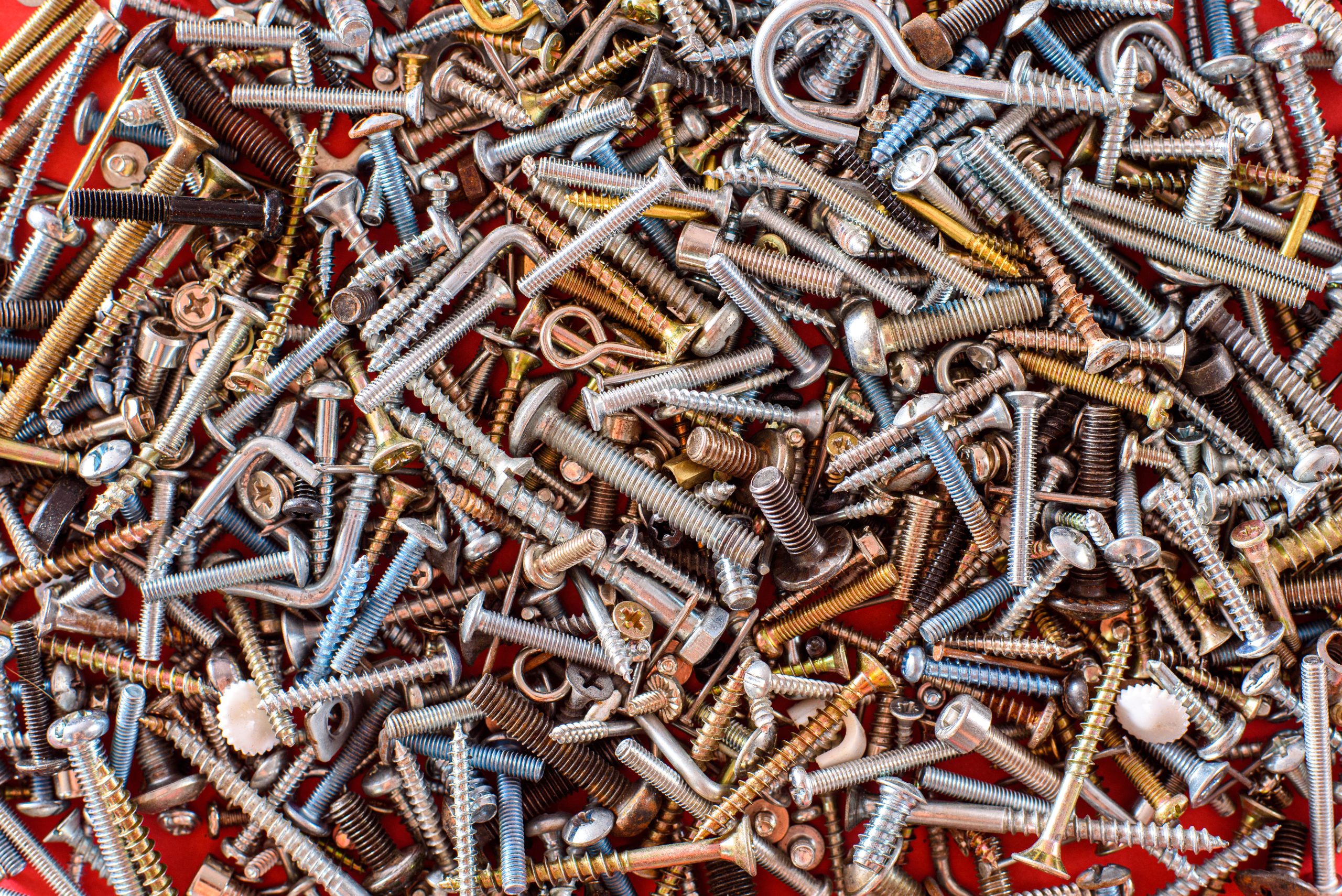 For many industries, applications, and companies, purchasing is not a mission-critical process. Often a lower cost or quality component will work just fine in a product that might be disposable or not subject to high standards of reliability, endurance, or performance. For those situations, a competent purchasing agent is perfectly suited to the task of buying components and materials.
For many industries, applications, and companies, purchasing is not a mission-critical process. Often a lower cost or quality component will work just fine in a product that might be disposable or not subject to high standards of reliability, endurance, or performance. For those situations, a competent purchasing agent is perfectly suited to the task of buying components and materials.
But for a number of industries — such as automotive, aerospace, medical device, and military equipment manufacturing — buying just the right components to go into a highly-sensitive, critical-use product or system is crucial. And that’s where a procurement engineer comes in. Many of these situations call for the expertise and deep technical knowledge of an engineer to ensure that the components purchased for a manufacturing project are, in fact, ideally suited for the application and environment.
For example, one of the responsibilities of a procurement engineer is choosing appropriate suppliers. The engineer meets with salespeople from different companies and analyzes and compares their products and prices. Once appropriate vendors are selected, the engineer negotiates sales agreements with them to purchase their products.
Some manufacturing facilities have strict performance and quality standards for the components they purchase. They may require their suppliers to meet specific standards, such as International Organization for Standardization (ISO) standards. Procurement engineers often visit supplier facilities to conduct inspections, audits, or performance reviews and ensure that required standards are met.
Of course, price is a major factor in most procurement decisions — companies want to pay the lowest price possible and still meet their desired performance and quality goals. The best procurement engineers stay well-informed about the economic and market conditions as well as the technological improvements that affect the prices of components and products typically used in their industry so they can benchmark costs and ensure that they’re paying a fair price.
And the influence of engineers in the purchasing process is not just limited to procurement engineers. Design engineers also play a significant role, especially in the fastener industry, where many times a custom, specialized fastening system is called for and engineers end up designing a unique fastener that must be sourced out and purchased. Once the fastener is obtained, engineers must then test and analyze them for performance and quality assurance before approving the purchase and releasing the fasteners for use.
Whether you have a custom-engineering fastener requirement or need a reliable supply of off-the-shelf fasteners, we can help. Contact us today for your procurement needs –chances are good we might have exactly what you need in stock and ready for delivery!

